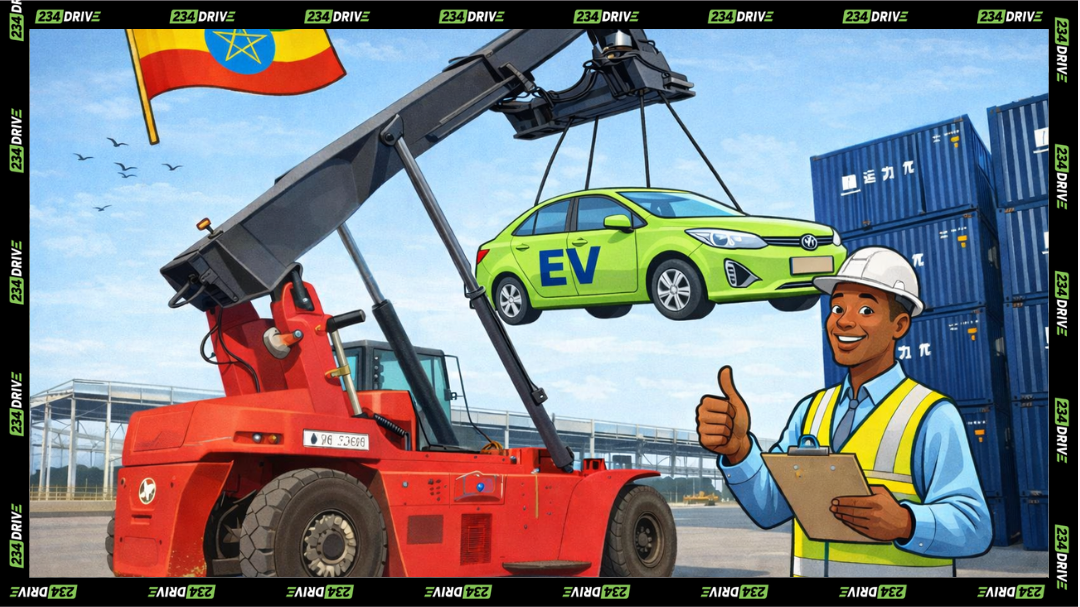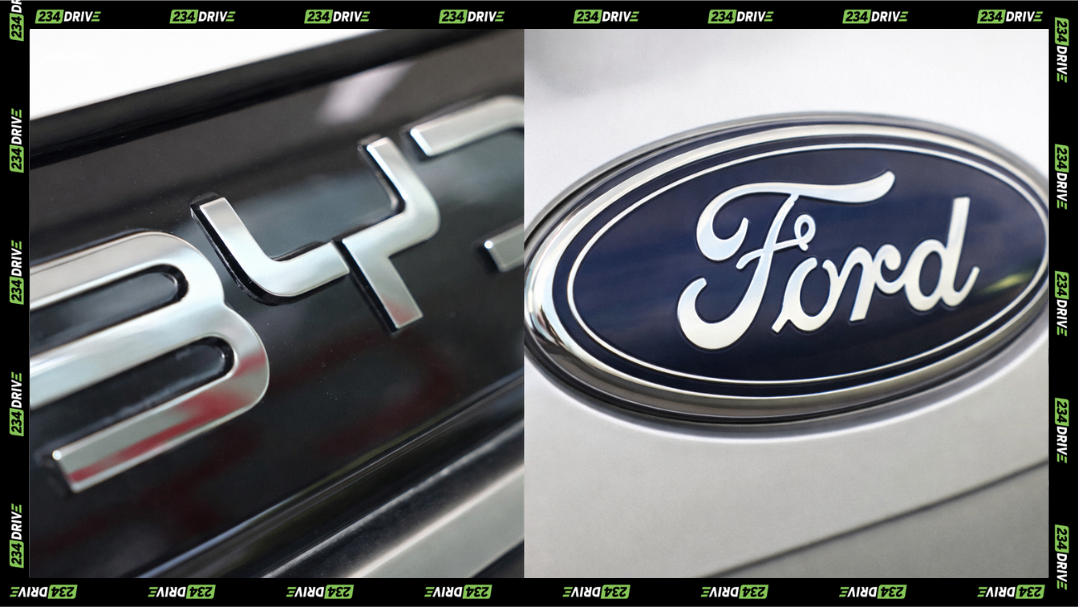EV bikes aren’t exactly new developments, but what’s interesting is who’s building them. Automotive powerhouses Rivian and Porsche, brands known for their four wheels, are now going electric on two. Each is taking a different path into the e-mobility space, one built around software and modular design, the other around precision and brand legacy.

Still, Rivian’s latest twist might make you backpedal to get a better look. The automaker has spun off a micromobility startup called Also, which has just unveiled its first models for the U.S. and Europe: the TM-B e-bike and two pedal-assist TM-Q e-quads. One of those quads has already caught Amazon’s attention, with plans to deploy thousands across its delivery network in both regions.
Rivian’s Also TM-B is a $4,500 modular e-bike built around a proprietary DreamRide drive system. Instead of a mechanical chain, it uses software-controlled pedal assistance to blend regeneration with intuitive motor response—essentially tuning the ride to each user. The bike can go at a cruising speed of up to 20 mph without pedalling and 28 mph when pedalling. It is powered by a 60- or 100-mile battery pack with USB-C fast charging. A touchscreen display, automatic lock, and app integration round out the smart-mobility setup.

The quads share the same drivetrain. The Commercial TM-Q adds a roof and cargo box, aimed at last-mile delivery fleets.

Amazon’s global fleet chief, Emily Barber, said the partnership mirrors the existing Rivian delivery-van deal, enabling quieter, lower-impact logistics in dense cities. Also’s president, Chris Yu says the startup’s goal is to blend new technology with compact design to make small EVs practical and fun. The launch follows years of internal R&D at Rivian before the official spin-off earlier in March this year, supported by $105 million from Eclipse Ventures.
While Rivian is entering micromobility for the first time, Porsche has spent 2025 refining its e-bike line with models like the Porsche eBike Sport, Cross, and Touring.

Prices range from about $6,500 to $12,000, bringing the brand’s hallmark engineering and style to electric cycling. Porsche’s e-bikes target performance riders and commuters who want luxury design and stability with power-assisted ease.
One brand is testing the limits of affordable, software-defined riding; the other is fine-tuning prestige on pedals. However, both move in the same direction. It all adds up to mobility that’s more sustainable and connected, a progression that Spiro is already championing in Africa’s two-wheel EV space.
As carmakers step into the e-bike market, long-time and emerging 2-wheel makers face new rivals that already understand how to build trust and reshape movement.
Hardware and endurance are no longer the measure of standards but are now the baseline. The real race is how fast each company adapts to an era defined by software, design, and sustainability









